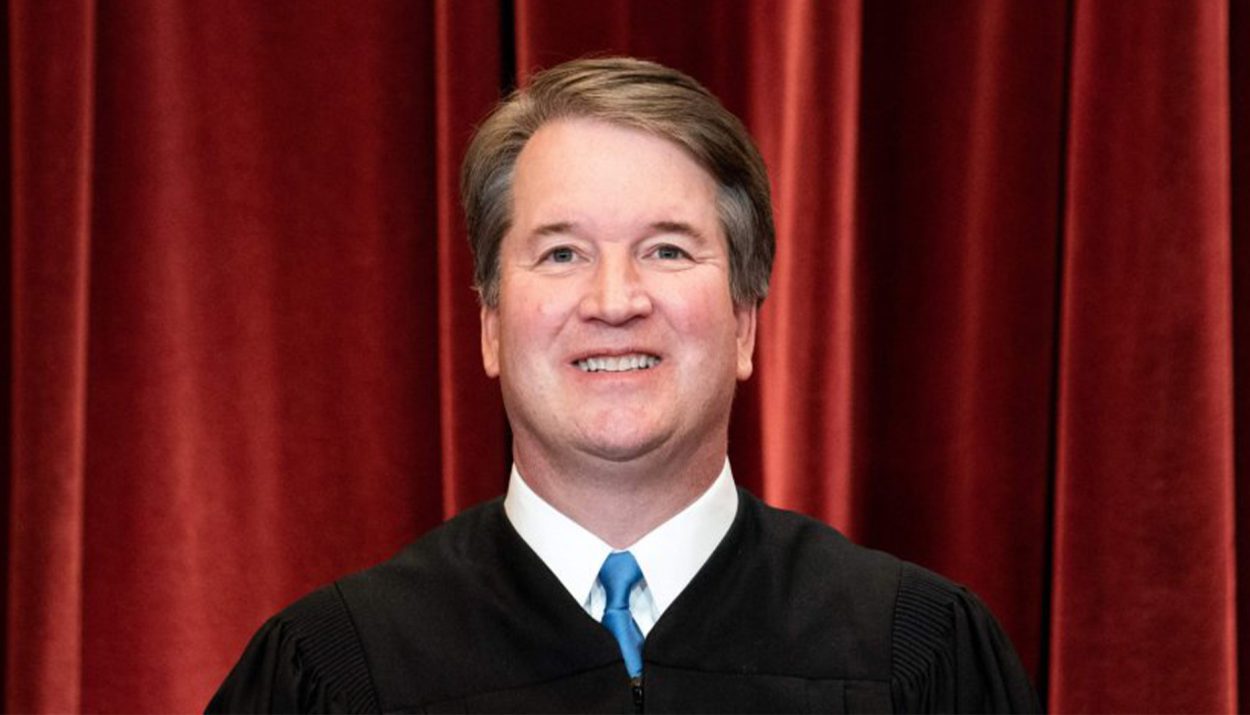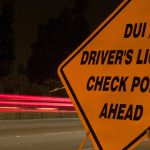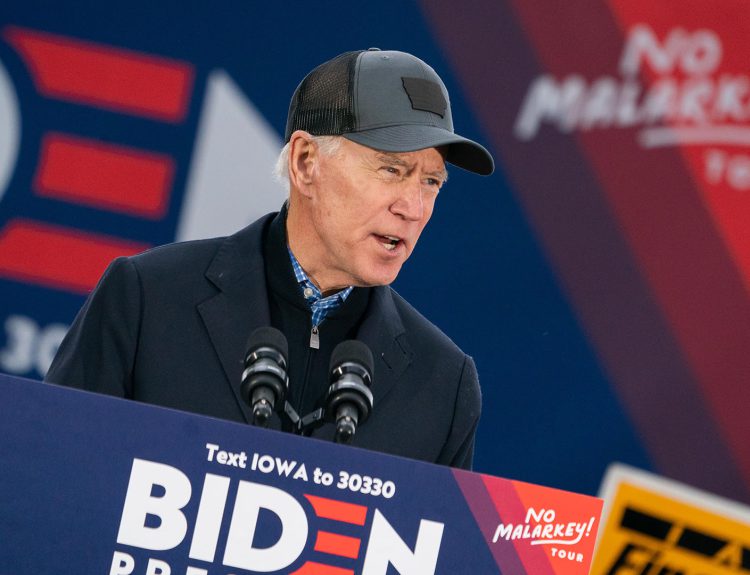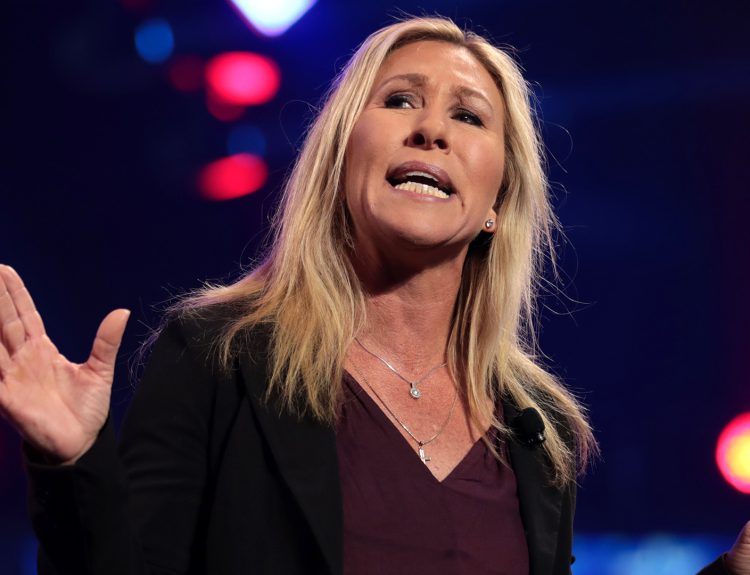On Tuesday, the U.S. Supreme Court seemed divided as conservative justices expressed varying degrees of skepticism regarding the statute used for the prosecution of over 350 individuals involved in the January 6 Capitol riot.
Penalizing Riot Participants
Tuesday’s argument brought up questions about the Justice Department’s efforts at penalizing individuals regarded as serious participants in the January 6 Capitol riot.

Nearly a quarter of the individuals prosecuted for their involvement in the Capitol invasion have been charged under a federal statute enacted in the aftermath of the 2002 Enron scandal, which involved fraud and extensive document shredding.
Details Of The Statute
One aspect of the law criminalizes the “corrupt” destruction or alteration of records and documents related to official proceedings.
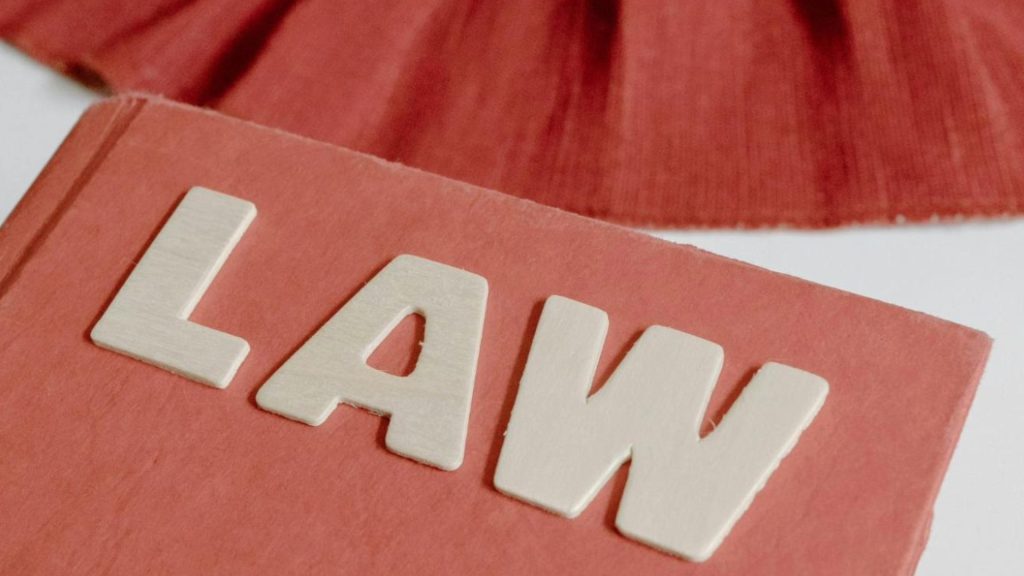
The second part of the law criminalizes any form of obstruction or impediment caused to an official proceeding. This is applicable to congressional proceedings as well.
Joseph Fischer Is Challenging The Usage Of The Second Provision
Joseph Fischer, an ex police officer who was charged for participating in the January 6 riot, is contesting the usage of the second provision.
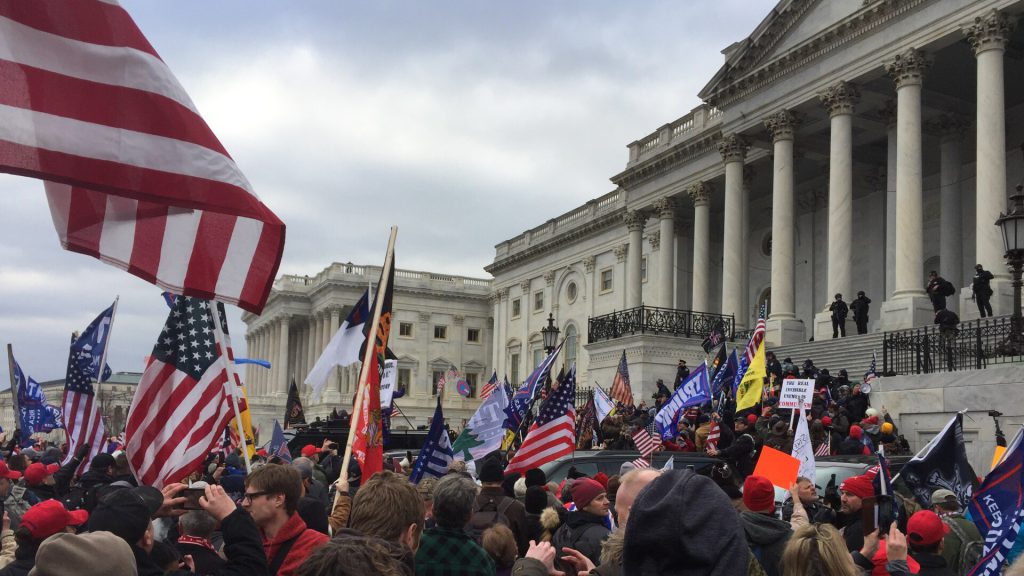
Fischer’s argument is that the second provision is not being used by the government as it was originally intended. It was not meant to be a catch-all obstruction law.
Tough Questions
During the hearing, Fischer’s lawyer encountered a slew of tough questions from the Supreme Court’s three liberal justices: Ketanji Brown Jackson, Sonia Sotomayor, and Elena Kagan.
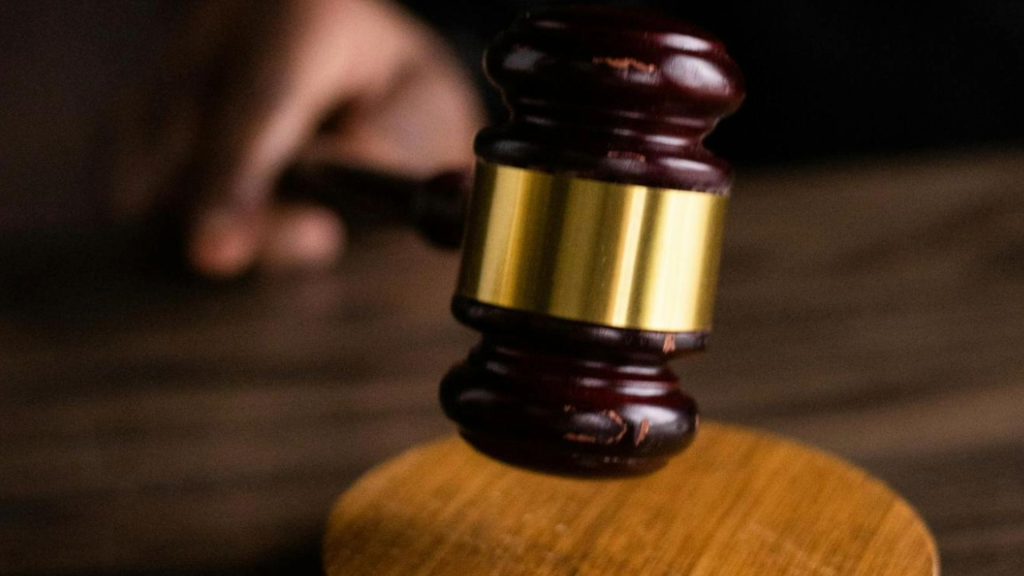
In Kagan’s opinion, Congress had drafted the second part of the law to “plug gaps” in the existing obstruction statutes at the time. Kagan stated that “It was meant to function as a backstop.”
Jackson and Sotomayor Stated Their Views
Jackson stated that, in her view, attempting to hinder the electoral count counts as an attempt to obstruct an official proceeding.
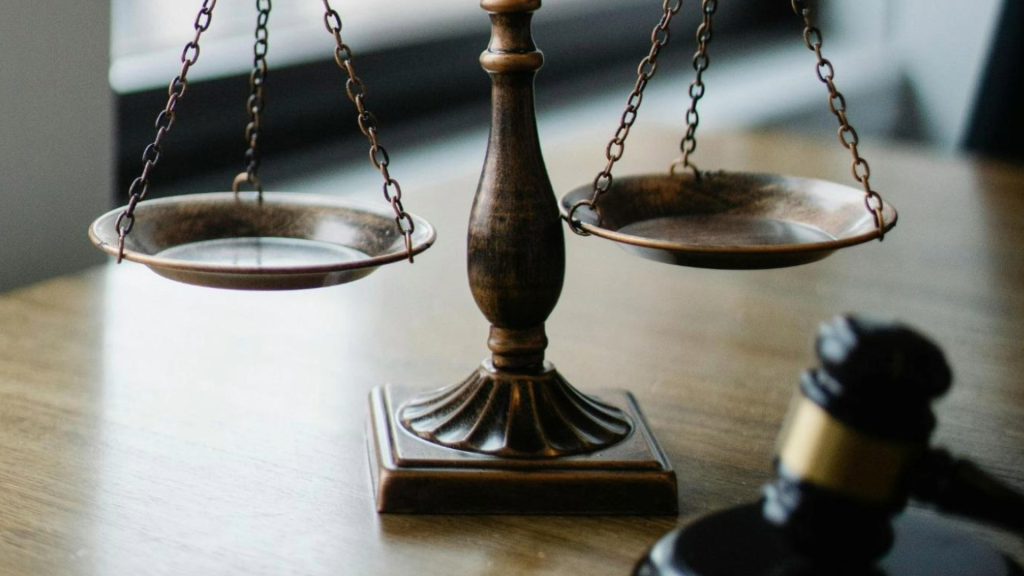
Sotomayor added that if the statute does not seem to perfectly fit the events of the January 6 attack, it is because a situation like that had never arisen before.
Receptive Audience For Fischer
Jeffrey Green, Fischer’s lawyer, managed to find a more receptive audience among the six conservative members of the court.
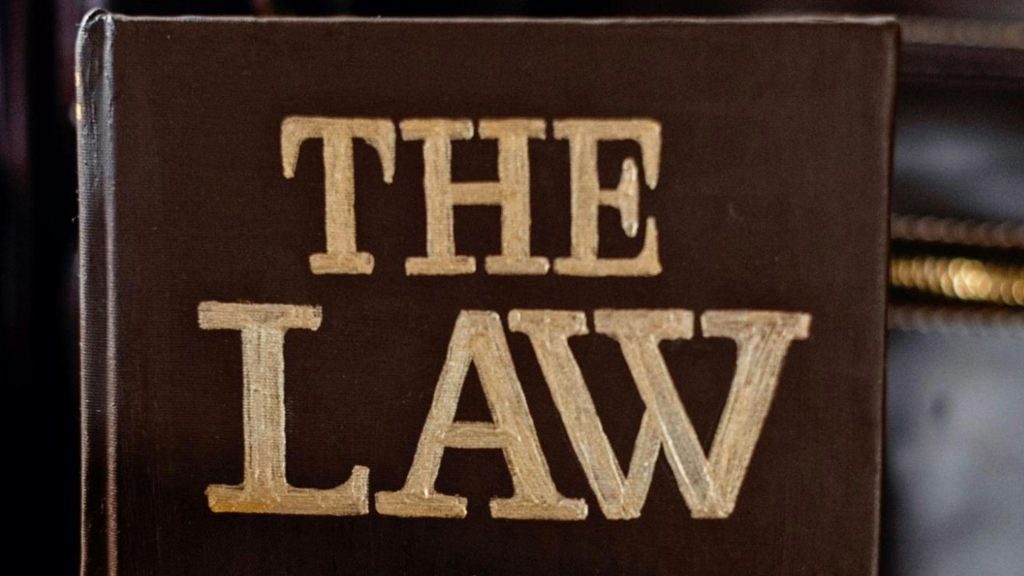
The conservatives directed their most skeptical inquiries at Solicitor General Elizabeth Prelogar with regards to her assertion that the statute being used was intended to be a broad obstruction provision.
Other Instances
Justice Clarence Thomas pointed out that there have been other instances of violent protests interfering official proceedings. Justice Thomas inquired if federal prosecutors “applied this provision to other protests in the past?”
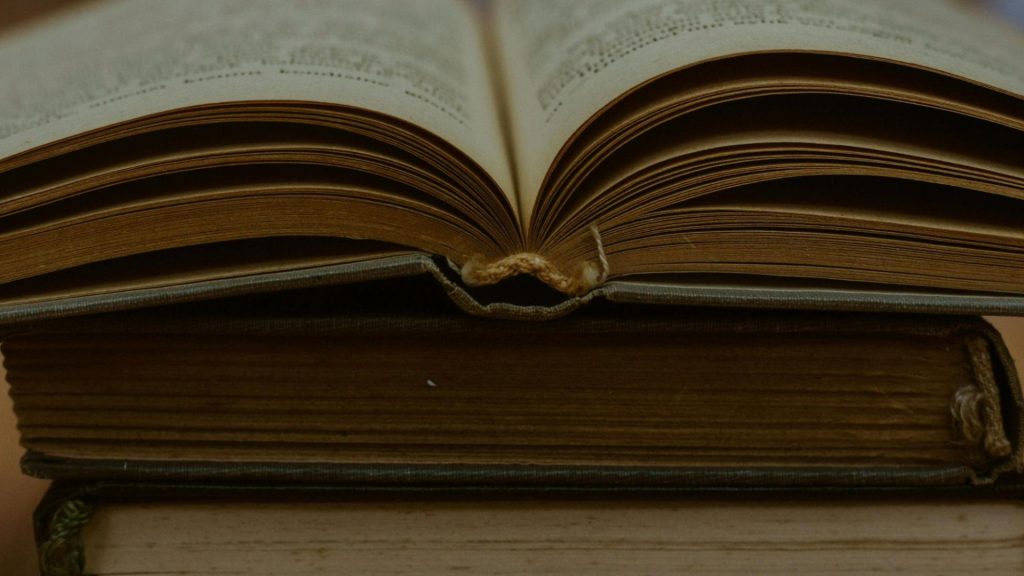
Prelogar responded that the Justice Department had indeed enforced the law in prior cases that went beyond mere evidence tampering and document destruction.
Qualifications Under The Law
Justice Neil Gorsuch inquired if “a sit-in that disrupts a trial or access to a federal courthouse qualify? Would a heckler in today’s audience qualify or at the State of the Union address?”
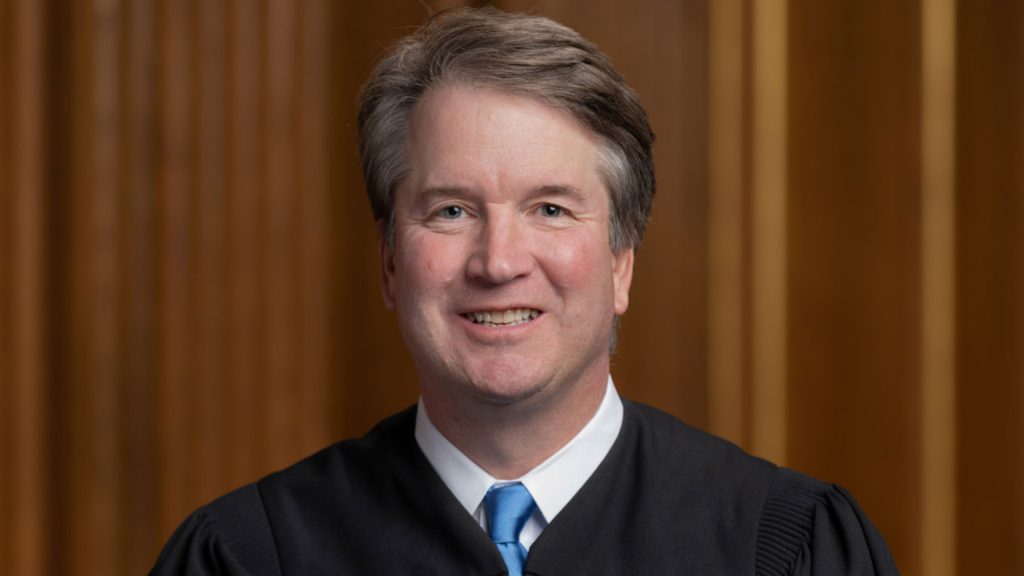
Prelogar responded stating, “Those actions would not meet the criteria of corruptly and intentionally violating this law.”
Potential Violation Of The Statue
Justice Samuel Alito posed the following question as a follow up: “Let’s say that today while you’re arguing, five people get up, and they shout either, ‘Keep the Jan. 6 insurrectionists in jail,’ or ‘Free the Jan. 6 patriots.’ And our police officers have to remove them forcibly” — would that be a violation of this statute?”
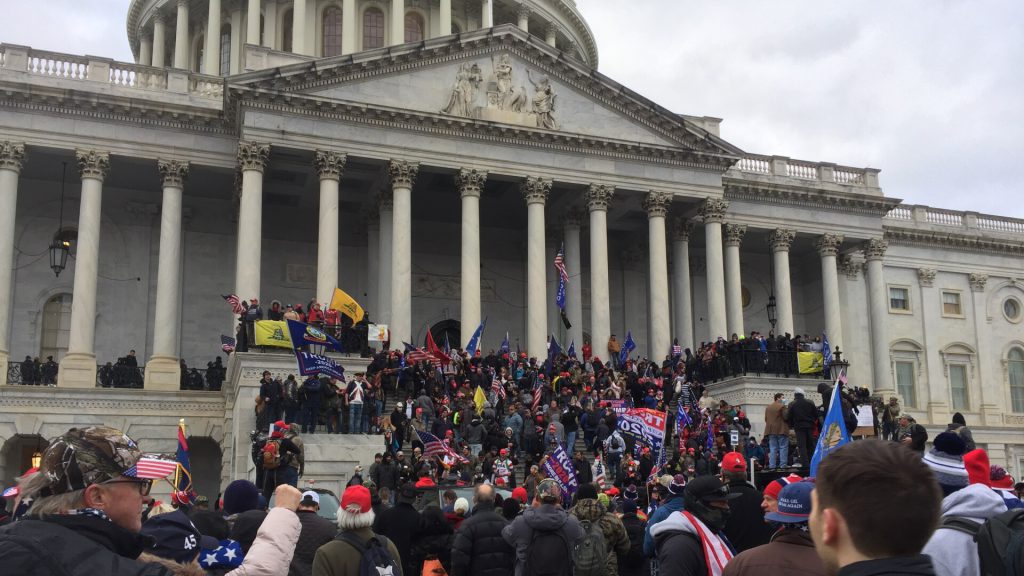
Prelogar’s answer was a “No” since the government does not believe the statute covers “minimal” interferences caused to proceedings.
Type Of Evidence
Justice Kagan asked the solicitor general about the kind of evidence typically presented in the case of the January 6 prosecutions.
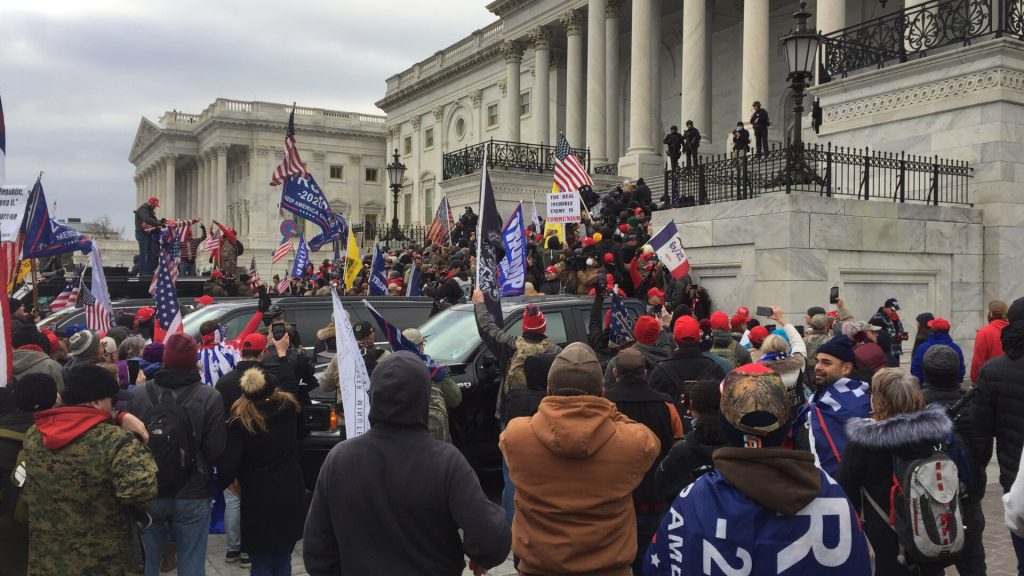
Prelogar responded that the government must demonstrate that the defendants had specific intent to disrupt the joint meeting of Congress where the electoral votes were being counted. Prelogar stated, “We have focused on things like preparation for violence, bringing tactical gear or paramilitary equipment to the Capitol.”
Charges Logged Against 1,350 Defendants
Prelogar also stated that prosecutors have filed charges against 1,350 defendants in relation to the events of January 6.
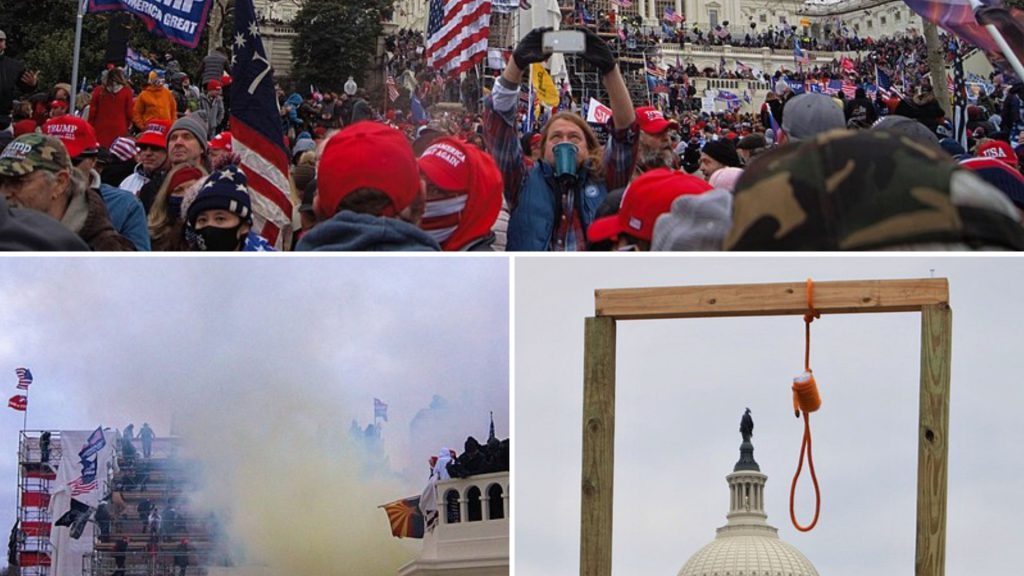
However, due to the requirement of demonstrating intent to obstruct the counting of electoral ballots, only around 350 of the 1,350 defendants have actually been charged with obstruction.
Concerns Regarding Penalty
A few justices expressed concerns about the maximum penalty of 20 years in prison for violating the provision. Prelogar addressed their concerns by stating that the average sentence among individuals charged solely with the obstruction statute amounts to 26 months of imprisonment – the median sentence being 24 months long.
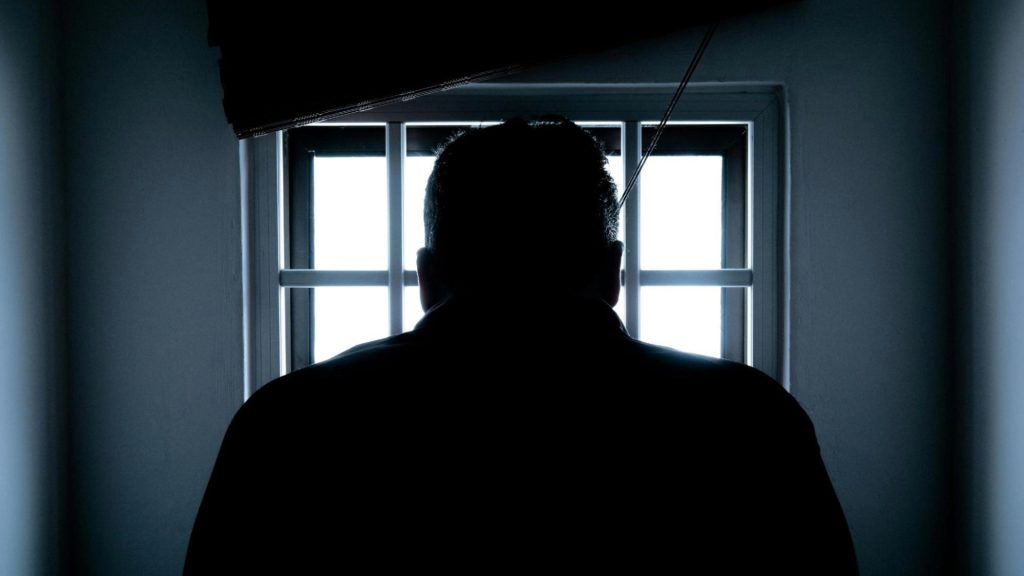
Prelogar said, “There’s no reasonable argument to be made that the statutory maximum here is driving anything with respect to sentencing.”
Kavanaugh’s Question
The two conservative justices, Brett Kavanaugh and Amy Coney Barrett had several concerns. Kavanaugh pointed out that the six other counts listed in the indictment of the defendant in this case includes offenses like assault and civil disorder. Kavanaugh questioned, “Why aren’t those six counts good enough, just from the Justice Department’s perspective, given that they don’t have any hurdles?”
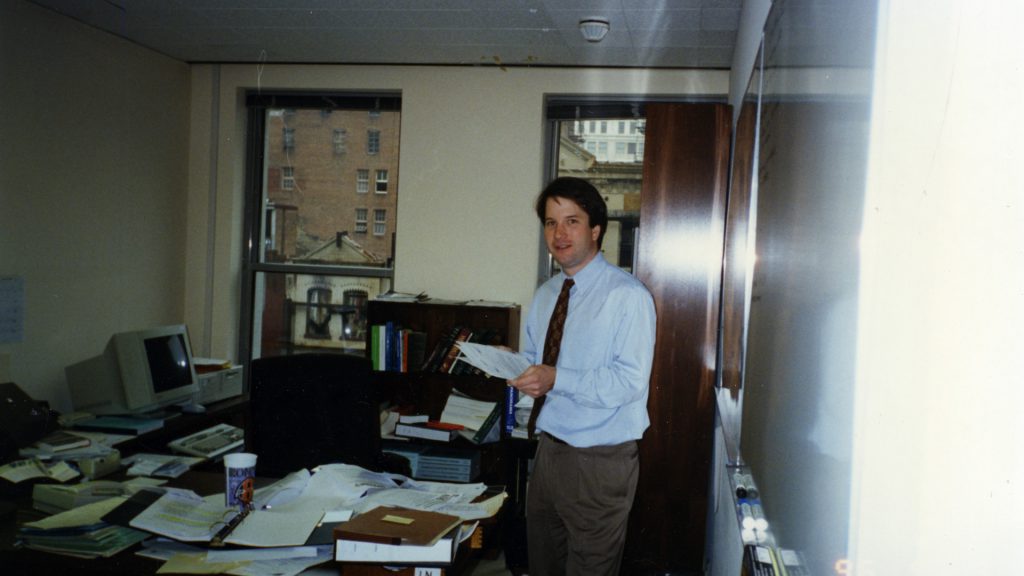
Prelogar answered saying, “Because those counts don’t fully reflect the culpability of petitioner’s conduct on Jan. 6.”
Criticism On Social Media
Kavanaugh’s question ignited criticism on social media. Some individuals pointed out that justices do not determine the charges brought against defendants by prosecutors. One individual wrote on X, “That’s not how this works, sir. If you’ve got five people murdered and you just charge four, is that proper?”
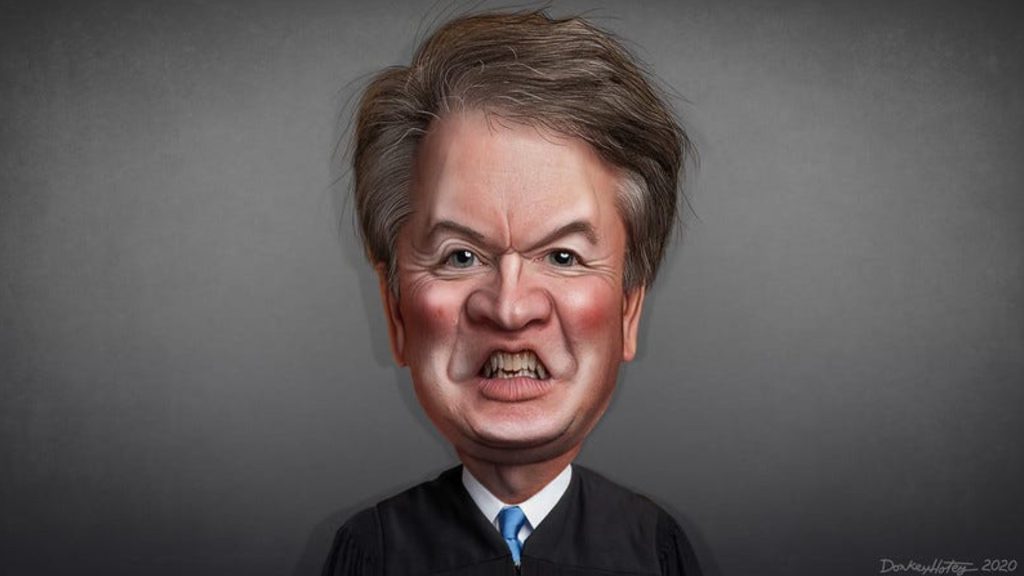
Another person wrote, “I mean, ‘why aren’t those four counts good enough?’ The arguments from the conservative side of the bench are really straining credulity today.” Yet another individual posted, “Is that how the law works when you have Republican SCOTUS justices acting as your defense attorney? There’s a limit to the number of charges you can face no matter how many crimes you commit?”

